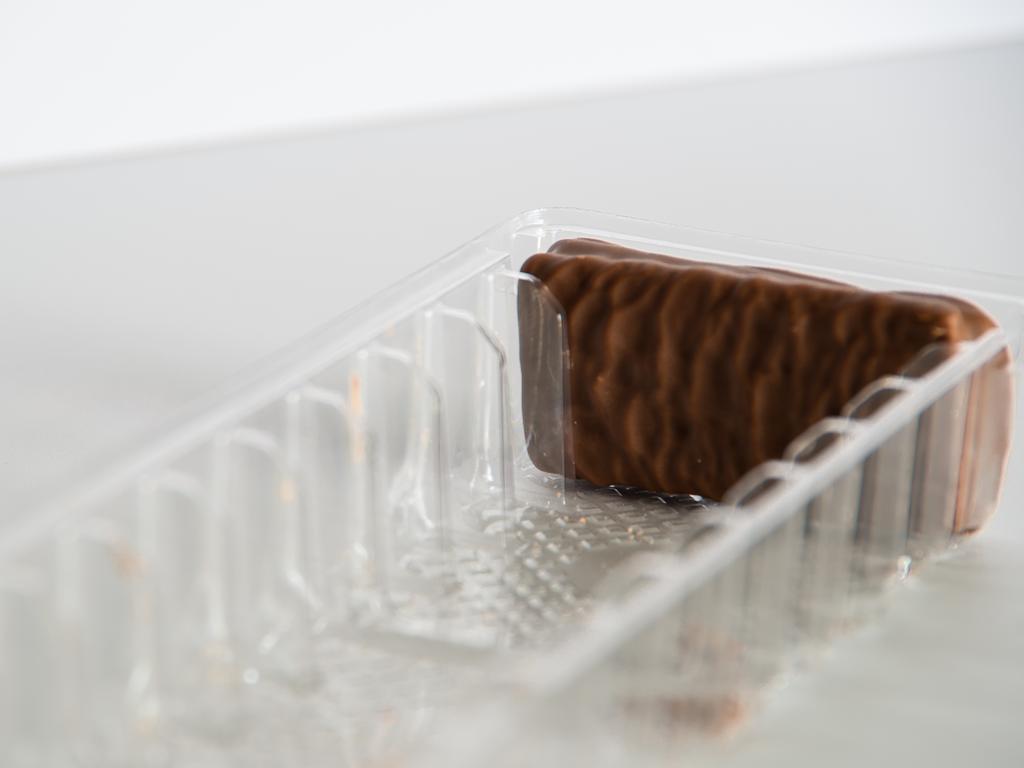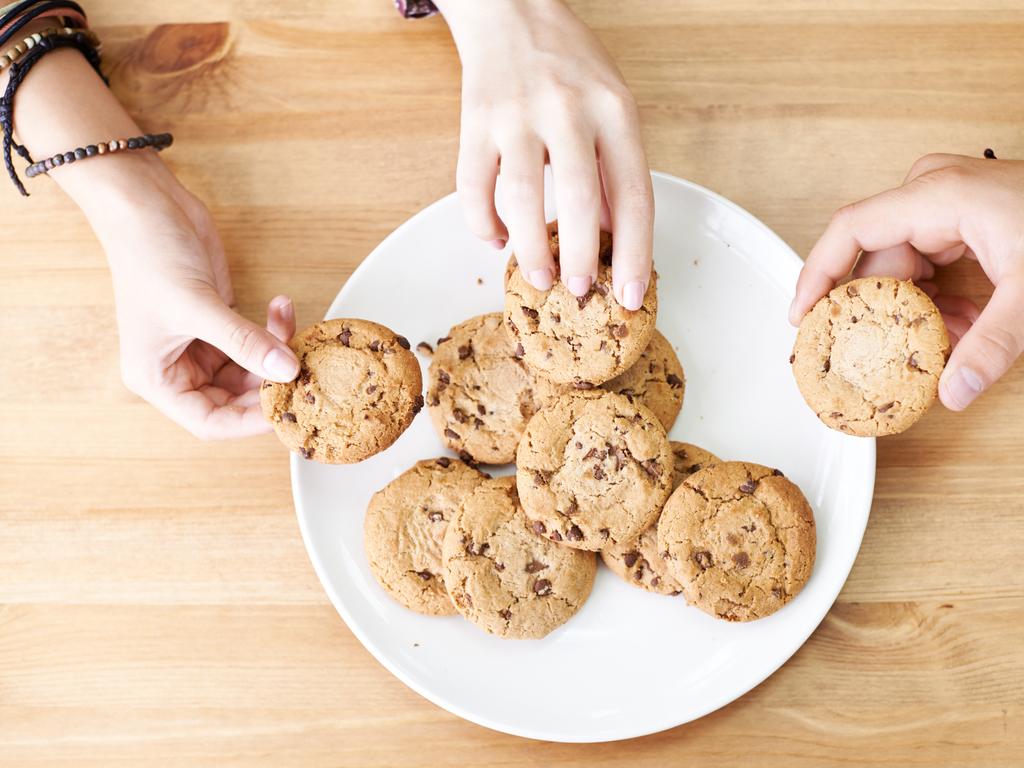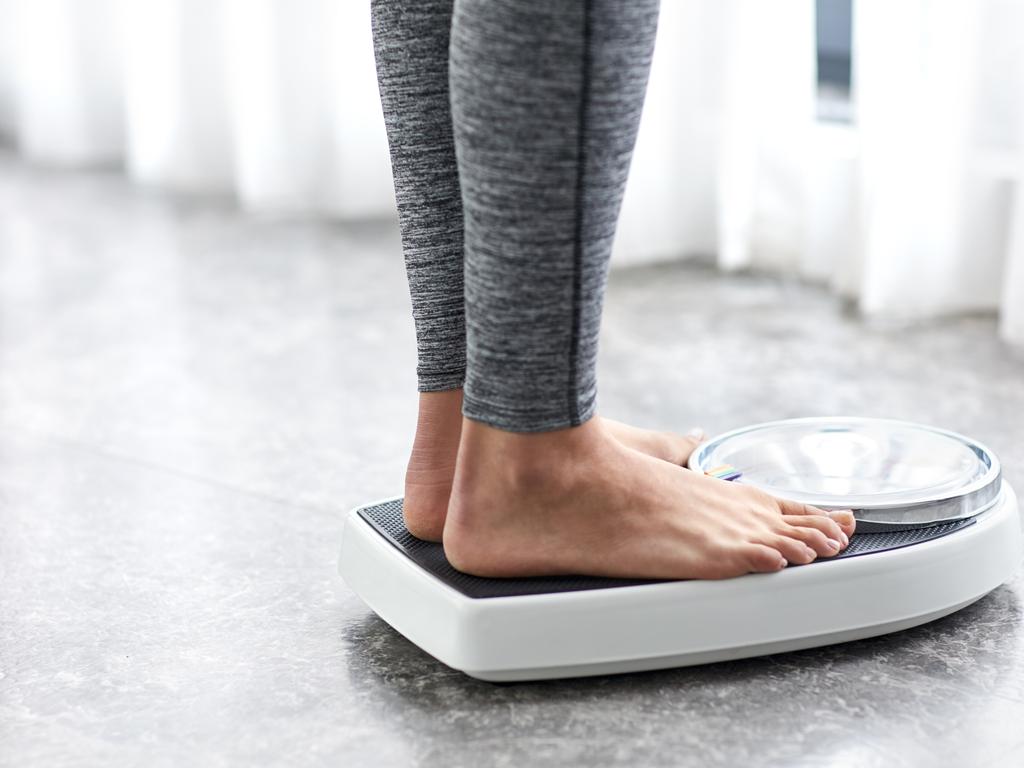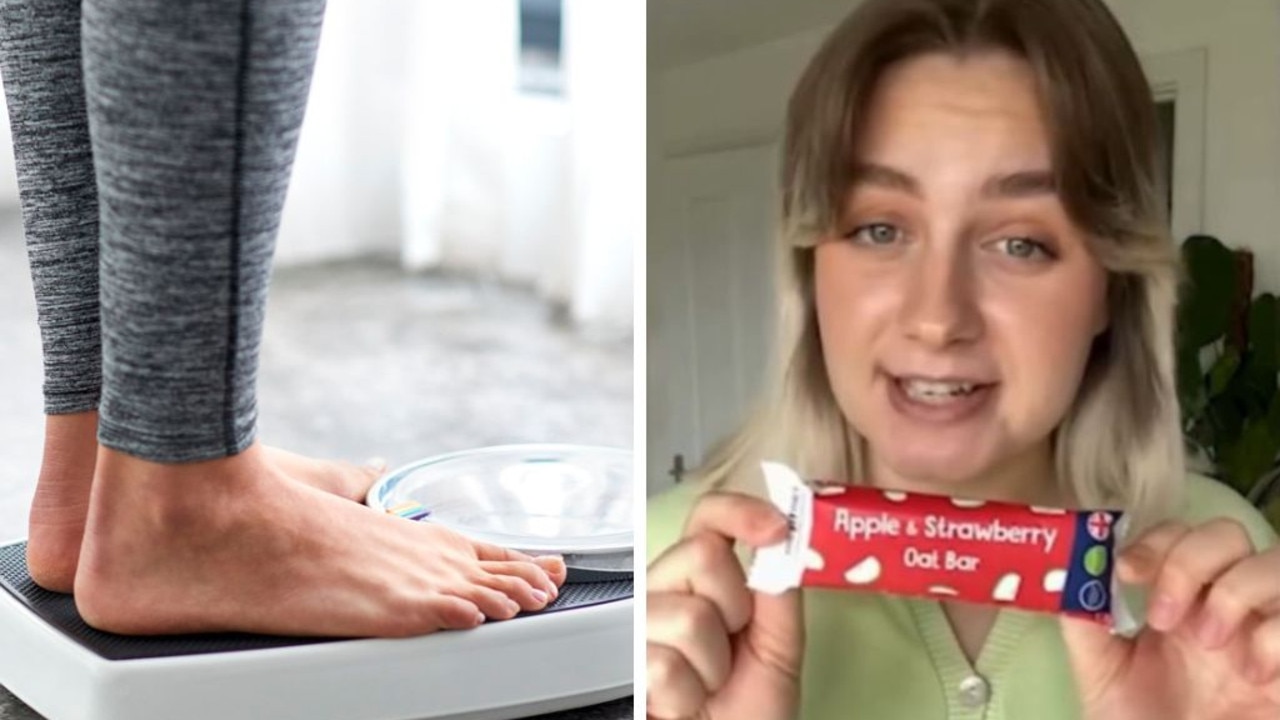Setting yourself up to fail: The ‘fatal flaw’ in intuitive eating
Trying everything and still struggling to lose weight? There’s a very simple, but sneaky, reason most people will never manage to slim down.
Have you ever looked down and realised that you’ve eaten an entire packet of biscuits? And find yourself wanting more?
We live in an environment saturated in cheap, kilojoule dense, low-nutrient foods, while thinness is glorified in magazines and social media. It is no wonder so many women have such a damaged relationship with food.
In a survey of Australian women by a leading women’s magazine, the top three goals were to save money, travel the world and lose weight.
A higher proportion of women want to lose weight than the proportion who are overweight, so this goes beyond health.
Rather than focusing on career, wellbeing and loved ones, we have been so indoctrinated by diet culture that the goal of having a lower number on the scales is constantly occupying valuable mental real estate.

This preoccupation with thinness is a reasonable response to living in a society where achieving an ideal body type is put on a pedestal as an incredible achievement and 45 per cent of employers say they are less likely to recruit people who are overweight.
This has led to the rise of diet culture, where thinness is more important than actual health. Food is something to restrict rather than something to enjoy. People putting their lives on hold until they reach some sort of thin ideal, like losing weight before planning a wedding.
Intuitive eating has risen to popularity as a response to the pervasive diet culture. Intuitive eating is a non-diet approach to health and wellness that helps you tune into your body signals, break the cycle of chronic dieting and heal your relationship with food. This means relying on your own hunger and satiety signals to guide eating habits.
Intuitive eating works well for some people, but there is one fundamental problem, a fatal flaw: We cannot intuitively eat the food that is most accessible to us.
When we walk through the aisles of the supermarkets we are surrounded by ultra-processed foods. Ultra-processed foods are formulations of industrial sources of dietary energy and nutrients plus additives.
Altogether, they are energy-dense, high in unhealthy types of fat, refined starches, free sugars and salt, and poor sources of protein, dietary fibre and micronutrients. Ultra-processed foods include many packaged breakfast cereals, crisps, crackers, candy, sweetened beverages, hot dogs, chicken nuggets and more.

Ultra-processed foods are designed to work around your satiety signals so you just want more and more. Almost all of our foods are altered in some way — we eat most things cooked for example — but ultra-processed foods are only a few decades old and are not like anything we evolved to eat.
This means they are easy to overeat and can lead to consuming more kilojoules than you need.
In one study, people stayed in a research facility for two weeks and were given meals with identical nutritional components. One group had whole foods and the other group had highly processed foods. The group who were given highly processed foods ate significantly more kilojoules and gained an average of 1kg in two weeks.
The reality is that consumption of a diet that is low in fibre and high in sugar, salt and unhealthy fats is one of the biggest causes of the chronic diseases that lead to poor health in later years.

There is also growing evidence that for some people a diet high in ultra-processed foods can lead to depression and poorer memory and concentration. This isn’t the same as moralising about food, this is just what the scientific evidence tells us.
Diet culture damages women in the way it takes so much mental energy and saps the pleasure from food.
It is also damaging to say that all foods are equal when it comes to nutrition and completely blame individuals for not being intuitive enough with foods that simply don’t leave us feeling full.
The reality is that living in the modern world we do have to restrict what we eat because every single time we walk into a convenience store we have to make a decision not to eat that chocolate bar.
After a lifetime of indoctrination, separating my sense of self-worth from my body size is still a work in progress, but I do firmly believe that I deserve to eat food that will make me feel great and improve my chances of long-term health. This doesn’t mean I never eat cake, but it means simply that if I am hungry, I will eat whole foods that I will enjoy and that will actually leave me satisfied.
Food is a gift we give ourselves every day. Part of that gift is making food choices that are actually going to improve our wellbeing for today and our future.
— Dr Kate Gregorevic is a geriatrician who writes about health and ageing @DrKGregorevic



